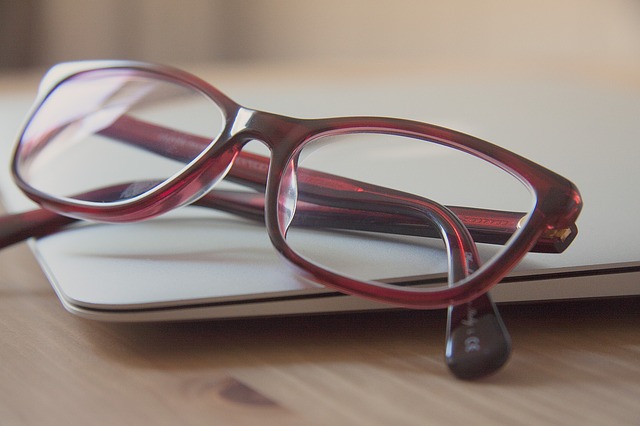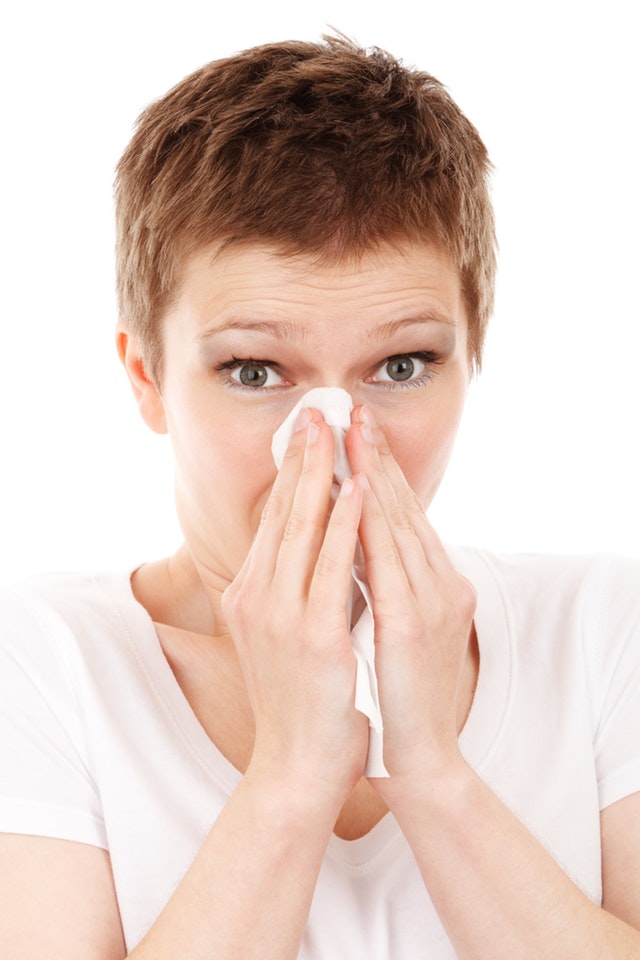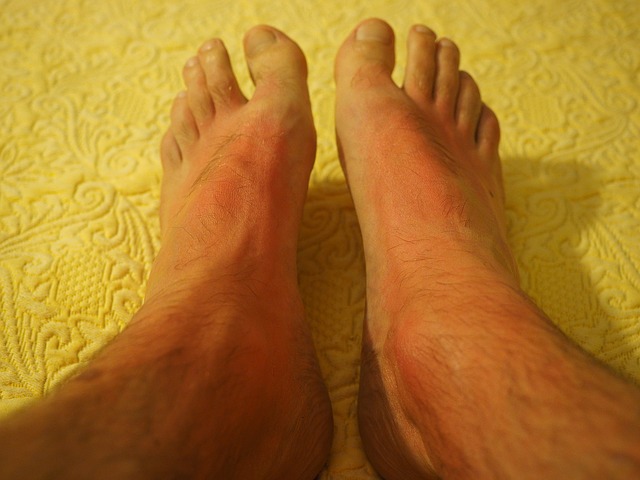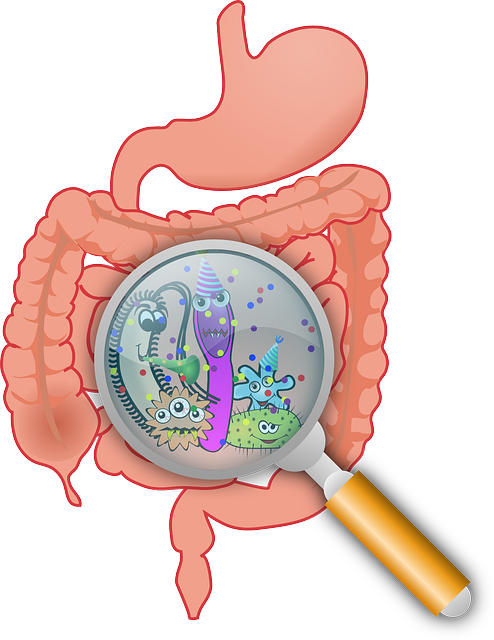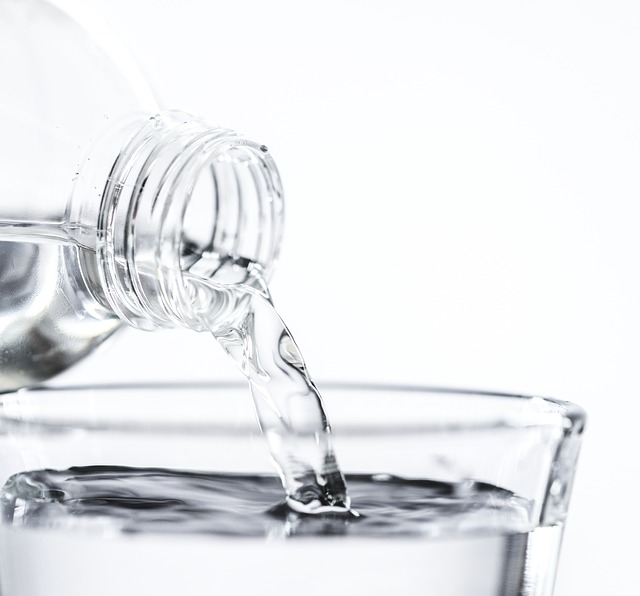Caring for Dentures
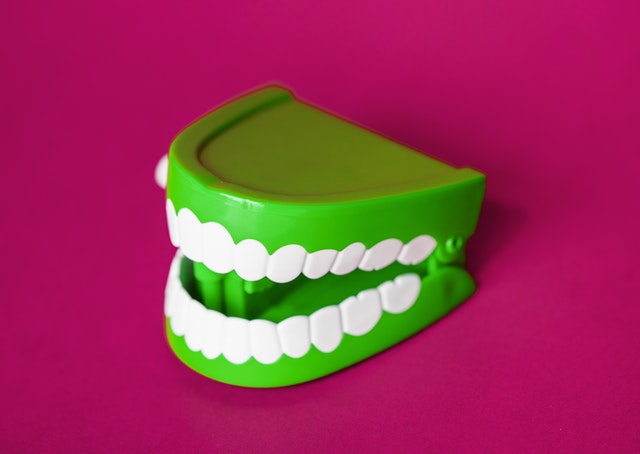
Caring for your dentures and mouth are very important.
To keep your mouth healthy and your dentures in good condition it is important that you follow a simple daily routine.
Care of Full Dentures/ Mouth:-
- Dentures to be cleaned daily
- Take your dentures out of your mouth to clean them
- Clean your denture over a basin/sink of cold water or over a folded towel to avoid damage if they are dropped
- Soap/denture cleaning paste can be used to clean dentures with a toothbrush or a soft nailbrush
- Clean your tongue and roof of your mouth with a soft toothbrush
- Always put your dentures in cold water when they are out of your mouth to prevent warping
Care of Partial Dentures:-
- Partial dentures should be removed after eating and rinsed under cold water
- If your partial denture has a metal clasp, do not use any cleaning agents which contain bleach.
- When cleaning partial dentures, remember also to clean and floss your own teeth and gums using a toothbrush with soft/medium bristles and fluoride paste.
- Don’t forget to floss your remaining teeth daily.
General Care of Dentures:-
- Don’t wear your dentures 24 hours a day. This gives your mouth a chance to ‘rest’ and prevents fungal infections
- Soak your dentures in a specialised cleaner, following manufacturer’s instructions
- Remove your dentures when playing contact sports
- If you get an ulcer/sore in your mouth and it has not healed after two weeks you should see your dentist
- If you are wearing dentures, or have no teeth of your own, you should visit your dentist regularly to ensure that your mouth stays healthy.
To read more on Patient Care, click on the link below.





